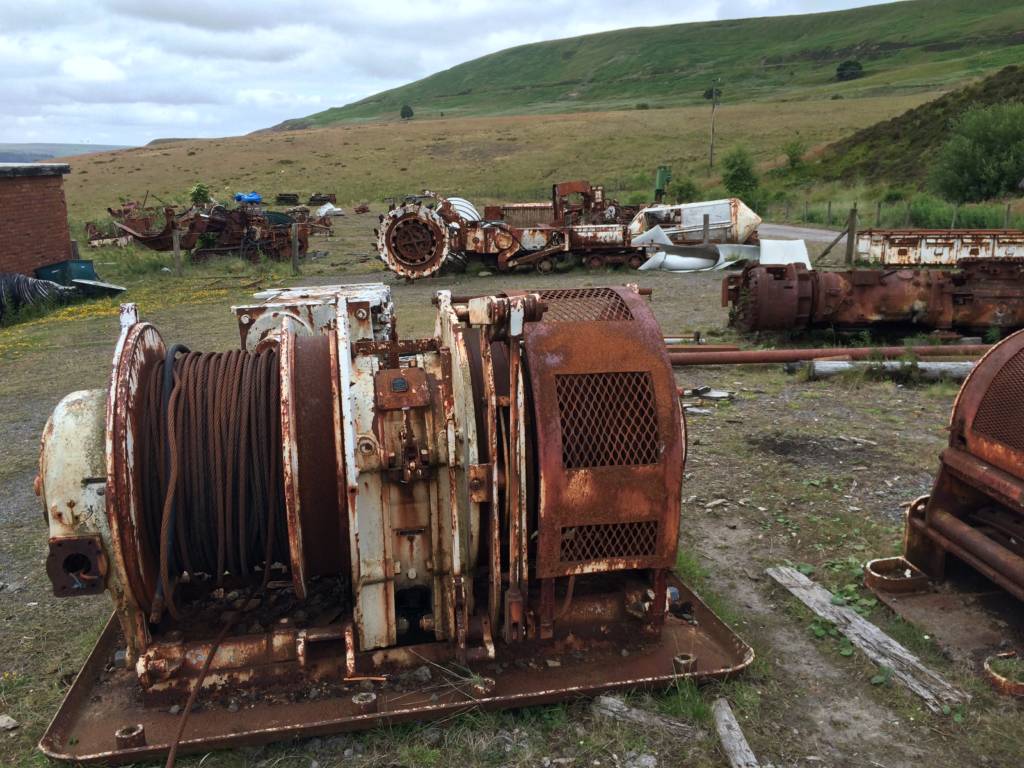By BEN SHATTUCK

A wooden chair, washed up on the beach between Nauset and Wellfleet. All drawings by the author.
“We will remember within what walls we lie, and understand that this level life too has its summit, and why from the mountain-top the deepest valleys have a tinge of blue: that there is elevation in every hour, as no part of the earth is so low that the heavens may not be seen from, and we have only to stand on the summit of our hour to command an uninterrupted horizon.”
—Henry David Thoreau, July 1842
Cape Cod
The idea to follow Henry David Thoreau’s walks came plainly while I was standing in the shower at dawn one May morning, listening to the water drill my skull and lap my ears, wondering what I could do to stop the dreams of my past girlfriend. This was some time ago, when I couldn’t find a way out of the doubt, fear, shame, sadness, and pain that had arranged a constellation of grief around me. In this last dream, the one that got me into the shower at sunrise, she was in labor. Her husband—my dream had rendered him with dark hair in a cowlick, wearing a red shirt rolled to the elbows—stood bedside, holding her hand while she took deep breaths. I stood against the wall, touching a white handkerchief that I wanted to offer them. She looked up at her husband. He closed his hands over hers, something I must have seen in a movie. Though I wanted to leave the room, I stayed, because my legs weren’t working just then. I kept touching the handkerchief. The baby came. There were three of us in the room, and then there were four.












